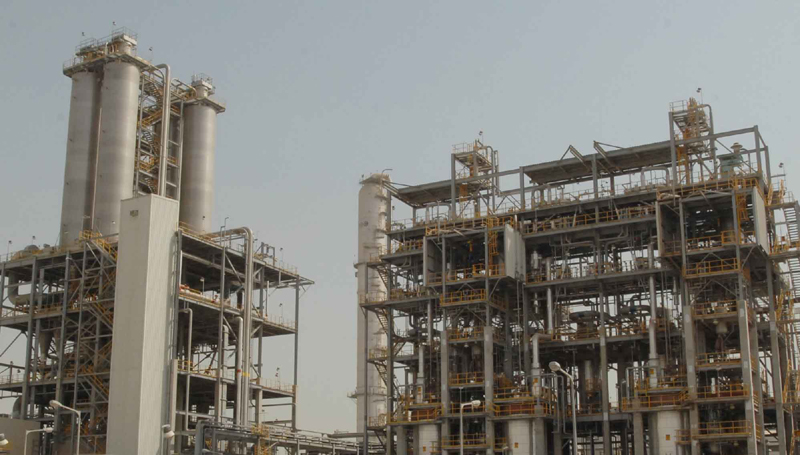by: Ahmed Kamal
Egyptian President Abdel Fattah El-Sisi is set to visit Russia in 10 days to meet with Russian President Vladimir Putin. Although the topics to be discussed are not yet known, experts say the two leaders are likely to discuss political and economic issues.
“One of the main goals behind El-Sisi’s visit to Russia is to promote and help attract new investments to the Suez Canal Zone, especially after the choosing of the Attaka area north of Suez as a Russian industrial zone,” Alaa Ezz, the secretary general of the Egyptian Russian Business Council, told the Middle East Observer.
He added that a delegation from 20 Russian companies under the leadership of Alexander Berbatov, representative of the Russian Ministry of Industry, visited Egypt in the few last days and chose two industrial areas for the building of several Russian projects, the first in Attaka, and the second in Kom Oshiim in Fayoum.
“The Egyptian Ministry of Industry will form a team to coordinate with the Russians to provide them with all the information required for the feasibility studies of the potential projects,” said Ismail Gaber Mohamed, President of Industrial Development Authority.
Russian side has not concluded the studies regarding which exact projects will be established in the industrial zones, according to Ezz. The Russian Egyptian Business Council also has a positive perspective on the development of the new Suez Canal Zone.
“Opening the new canal will create opportunities of cooperation between Egypt and Russia. Where the old Suez Canal saw 10 per cent of global maritime trade, and the new canal will establish more speed and liquidity by creating two waterways and more depth,” said Mikhail Orlov, the Chairman of Russian-Egyptian Business Council.
Orlov added that Russia is seeking to establish two industrial zones in Egypt; one of them in the canal area, with the revenues expected at $17bn with the opening of the new canal.
“We have some Russian companies that are interested in the pharmaceutical, medical, furniture, real estate and car sectors. I hope they invest in these sectors within the next three or four years, rather than the next six months,” Orlov noted.
And about the council, Orlov said The council is creating a field for interaction, and organising events from time to time, such as the forum we had last week, which has political dimensions. However, many other events are held in Russia targeting very specific issues, like the convertibility of the Russian rouble and the Egyptian pound.
“Once you have the zone, the real question is where the companies are; the companies need more incentives to come. However, the companies are looking for partners rather than what is manufactured, but this takes time. I don’t expect a massive flow of investment in the next six months, and I expect in next year to see the consolidation of more flow of investments,” Orlov added.
The Attaka region is on the desert highway connecting Cairo to Suez, with the Attaka industrial zone located 16km from Suez Port, according to Industrial Development General Authority website.
Many sorts of industries can be established in Attaka, including cement factories, engineering industries, packaging industries, fish canning factories, and fertiliser industries, the website states. Mr Ezz noted that the projects that the Russian companies are studying are in the fields of petroleum, the car assembly industry, iron and steel industries, locomotive manufacturing, and a sector for SME industries.
El-Sisi’s visit to Russia is the second since his accession to power, with his first tour taking place last May to participate in the celebration of Russia’s victory over Nazi Germany in World War II. Ambassador Ahmed Rahga, a member of the Egyptian Council for Foreign Affairs, sees the visit as important in several regards; the most important of which being Russia’s expressed willingness to build a free zone in Suez Canal region, as well as the establishment of a final agreement regarding nuclear reaction in Dapaa.
Other issues expected to be discussed are the Syrian crisis and the threat posed by the militant group Islamic State.


